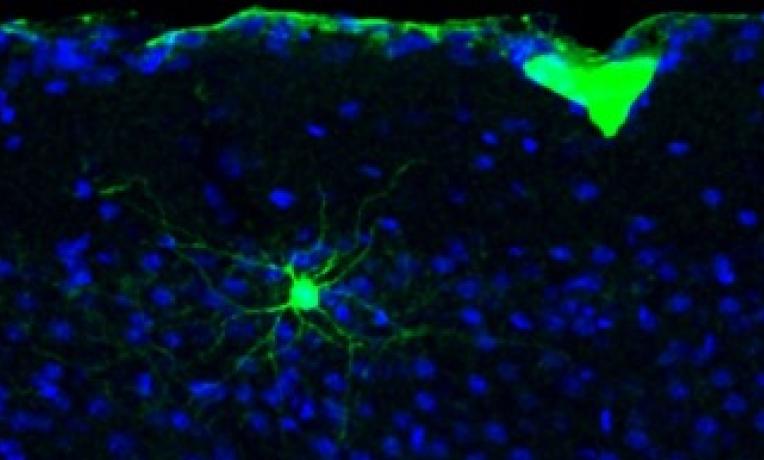The brain: a tuneable 'hardware'
A crucial discovery of how the brain functions has been made by EU-funded researchers. ERC Advanced Grant holder Prof. Oscar Marin and his team have shown that brain's 'hardware' - using the computing metaphor - is in fact tuneable and can adapt to internal and external influences. The findings could help develop new therapies for neurological disorders such as epilepsy, which affects around 50 million people globally.

During the past decades, the brain has been compared to a computer, with hardware, i.e. the processor performing the body functions, and software, i.e. the mind, including thoughts, emotions, perception, memory, imagination and learning capabilities.
Prof. Marin's team has found out that some neurons in the cerebral cortex – which play a key role in language, awareness, perception and memory processes – can adapt their properties through a molecular switch in response to changes in network activity, such as when learning a physical task, for example swimming or dancing.
The neurologists involved in the project were studying two apparently different classes of fast-spiking interneurons in the mouse brain, when they realised that they were actually looking at the same piece of the brain 'hardware' that had the capacity to swing between two different states. They could then identify the molecular 'switch' that alters the properties of these cells, a protein known as Er81 that is able to influence gene expression.
Their research results suggest that the brain is a highly dynamic, adaptable system, which can change due to various internal and external stimuli in ways not yet understood.
Prof. Oscar Marin, who received almost EUR 2.5 million to conduct the research, commented: "Our study demonstrates the tremendous plasticity of the brain, and how it relates to fundamental processes such as learning. Understanding the mechanisms that regulate this plasticity, and why it tends to dissipate when we age, has enormous implications that go beyond fundamental neuroscience, from informing education policies to developing new therapies for neurological disorders (…)." In particular, the findings could help treat epilepsy, which is caused by a temporary disturbance in the messaging systems between brain cells.
These ground-breaking results were published in Science in September.t


